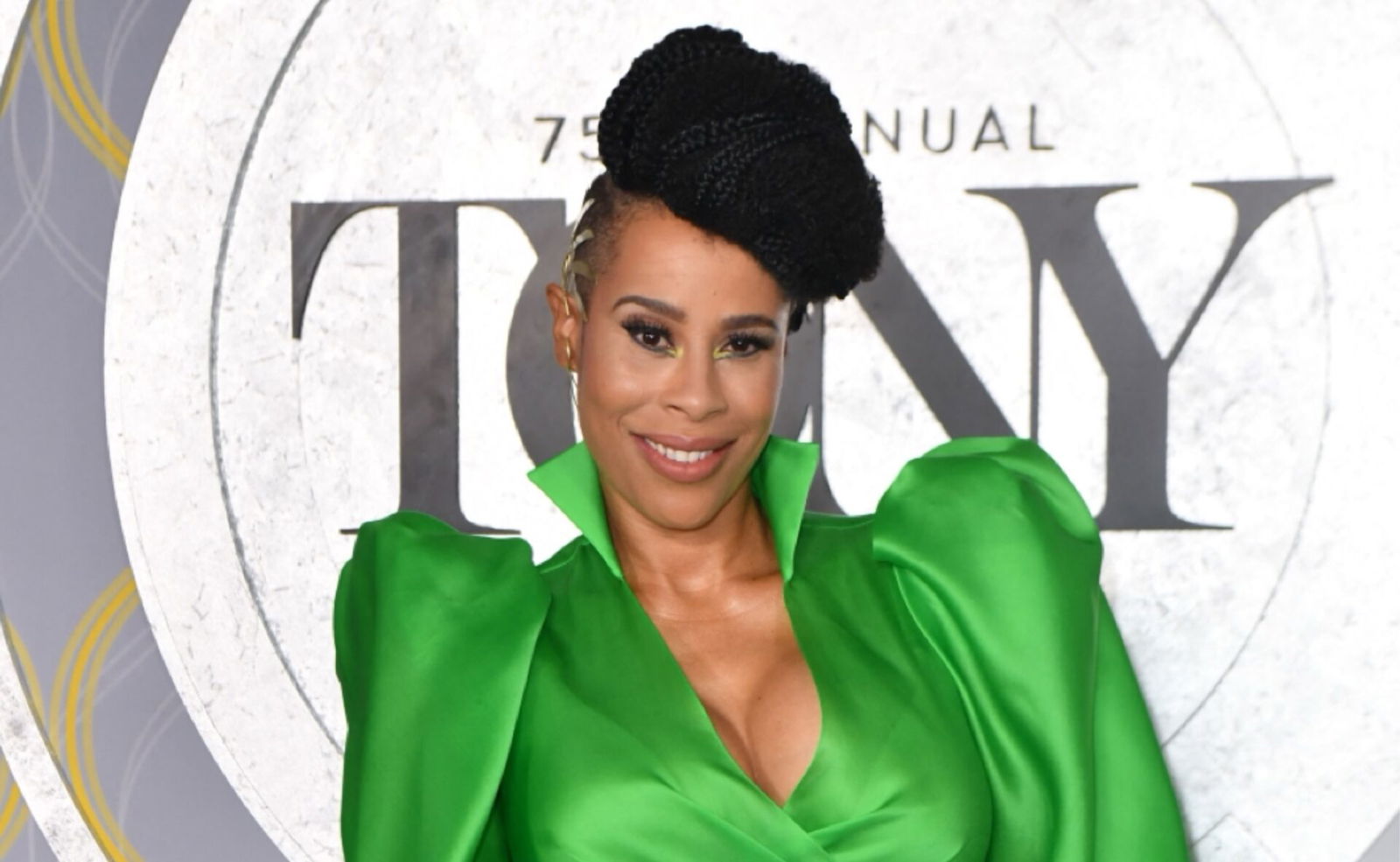
February 23, 2024
Dominique Morisseau’s Revival Of ‘Sunset Baby’ Is A Love Letter To Black Liberation
Dominique Morisseau speaks to Black Enterprise on the revival of her famed 2012 play, "Sunset Baby," and the plight of Black activists.
The revival of Dominique Morisseau’s 2012 play “Sunset Baby” brings the story to audiences this season at Signature Theatre in New York City. The show is a tribute to the history and plight of Black activists and the generations that must come after.
Set in East New York in the early 2000s, “Sunset Baby” centers on Nina, the drug-dealing daughter of a Black activist couple, who is forced to reconnect with her estranged father, Kenyatta, as he requests letters from her late mother’s legacy. Imprisoned for years prior to his politically charged vigilantism, Kenyatta is met with contempt from a child he left behind, who is also grieving the loss of an addiction-riddled mother.
Only knowing survival, with the help of her boyfriend, Damon, and their scams to get money, Nina has become disillusioned with her parents’ cause, asking, “What’s sentimental about a dead revolution” to verbally wound her father. However, the spirit of revolution lives through Nina in her personal quest to better her life. Her battle with Kenyatta over the letters prompts the realization that the quest for freedom has its sacrifices. As he works through his own failures as a parent and activist, Nina comes to terms with his journey and the mission that connects them both.
Morisseau’s tale is a complex love letter in itself, one that explores revolutionary activism and its impact on the Black family. The famed playwright spoke exclusively to BLACK ENTERPRISE on the play’s modern relevance and the sacrifices tied to the fight for freedom.
“I’m a child of a revolutionary, and I’ve always wanted to give back to this work,” began Morisseau. “…The ‘instant gratification’ culture that we’re in makes us impatient activists. I think it’s important for the play to look at the legacy of activism and what it cost them to do it. How do we do this without losing some sense of care and wellness inside of it?”
She continued, noting that revolutions are not just born but carried over to dismantle new systems that impact the world’s most vulnerable.
“The lifeblood of revolution is in the people who pick up the baton. To me, that’s a choice for the next generation to do. The movements are for the young; they are always led by the young,” explained the Detroit native.
These characters explore freedom through forgiveness, releasing control, and confronting oneself. Just like Nina, Morisseau wants her art and its audience to escape the binds that surround it culturally,
“I want everybody in this story to get free, and that’s all I want for anybody in the world.”
This current showing of “Sunset Baby” is directed by Steve H. Broadnax III and stars Moses Ingram as Nina, Russell Hornsby as Kenyatta, and J. Alphonse Nicholson as Damon. Tickets are available now, as performances will continue through March 10.
RELATED CONTENT: Kandi Burruss and Todd Tucker Move Forward With Broadway Revival of ‘The Wiz’